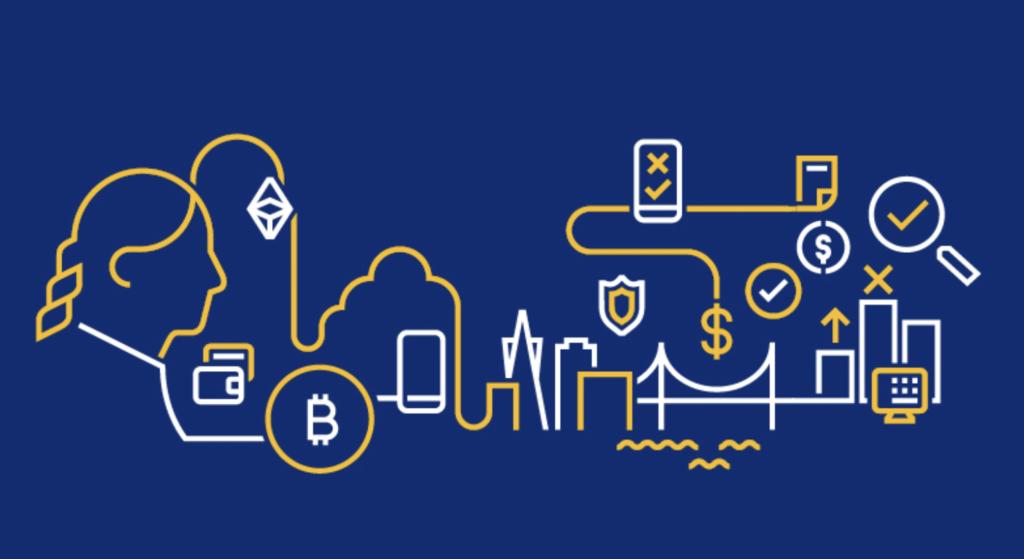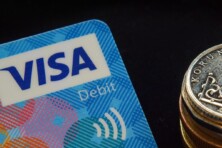A team of researchers and engineers across Visa is exploring blockchain usage to pay monthly bills

Image: usa.visa.com
In a recent blog post, Visa’s crypto think tank explores a novel concept of smart contracts enabling automated programmable payments from a self-custodial wallet.
The proposed solution would allow providers to automatically “pull” funds from users’ Ethereum-based crypto wallets, without manual sign-off on every transaction. The team analysed common everyday use cases for the novel payment method during Visa’s internal Crypto Hackathon challenge earlier this year.
Being a common mechanism for making regular payments with traditional means such as bank cards or digital wallets, recurring “pull” transactions are now impossible for owners of self-custodial wallets. In the latter case, the user is a single controller of the private keys, thus, a smart contract cannot initiate transactions on its own, without manual confirmation.
At the same time, today crypto investors are increasingly choosing self-custody options as confidence in centralized crypto exchanges declines.
Therefore, Visa proposes solving the problem through a new type of self-custodial blockchain wallet called “delegable accounts,” which is based on the “Account Abstraction” (AA) concept. With this technology employed, user accounts would “function like smart contracts,” so that people can schedule transactions without signing off to initiate each payment.
AA offers more flexibility in validating a blockchain transaction:
- It enables multi-owner accounts by multisig verification.
- Transactions can be verified by post-quantum signatures.
- This type of wallet also enables so-called public accounts where anyone could make a transaction, by removing signature verification entirely.
Despite all the benefits, the Visa team admits that AA has been repeatedly proposed over the years, but couldn’t be implemented so far, requiring many protocol changes and “security guarantees to be met.”
SEE ALSO:
Wirex and Polygon collaborate for launch of new payment method in India on mass-market wallet









